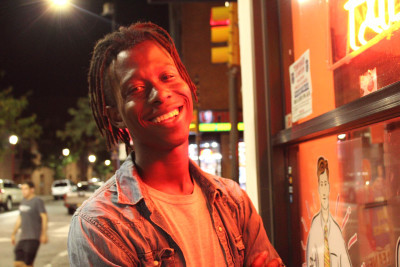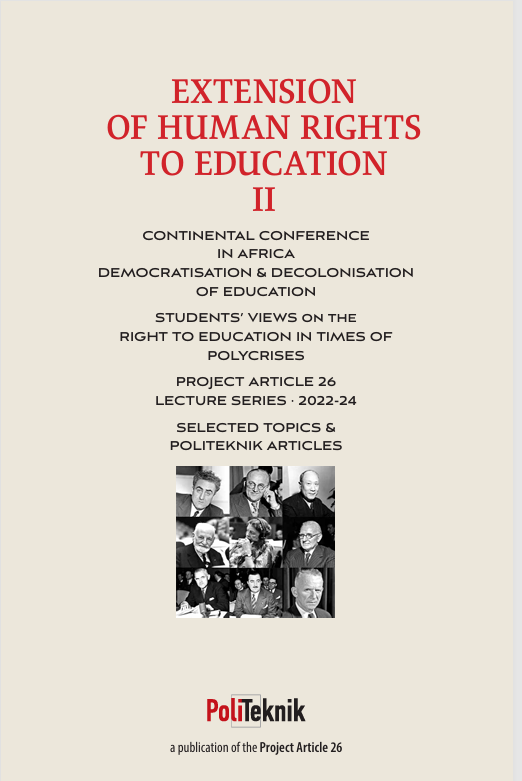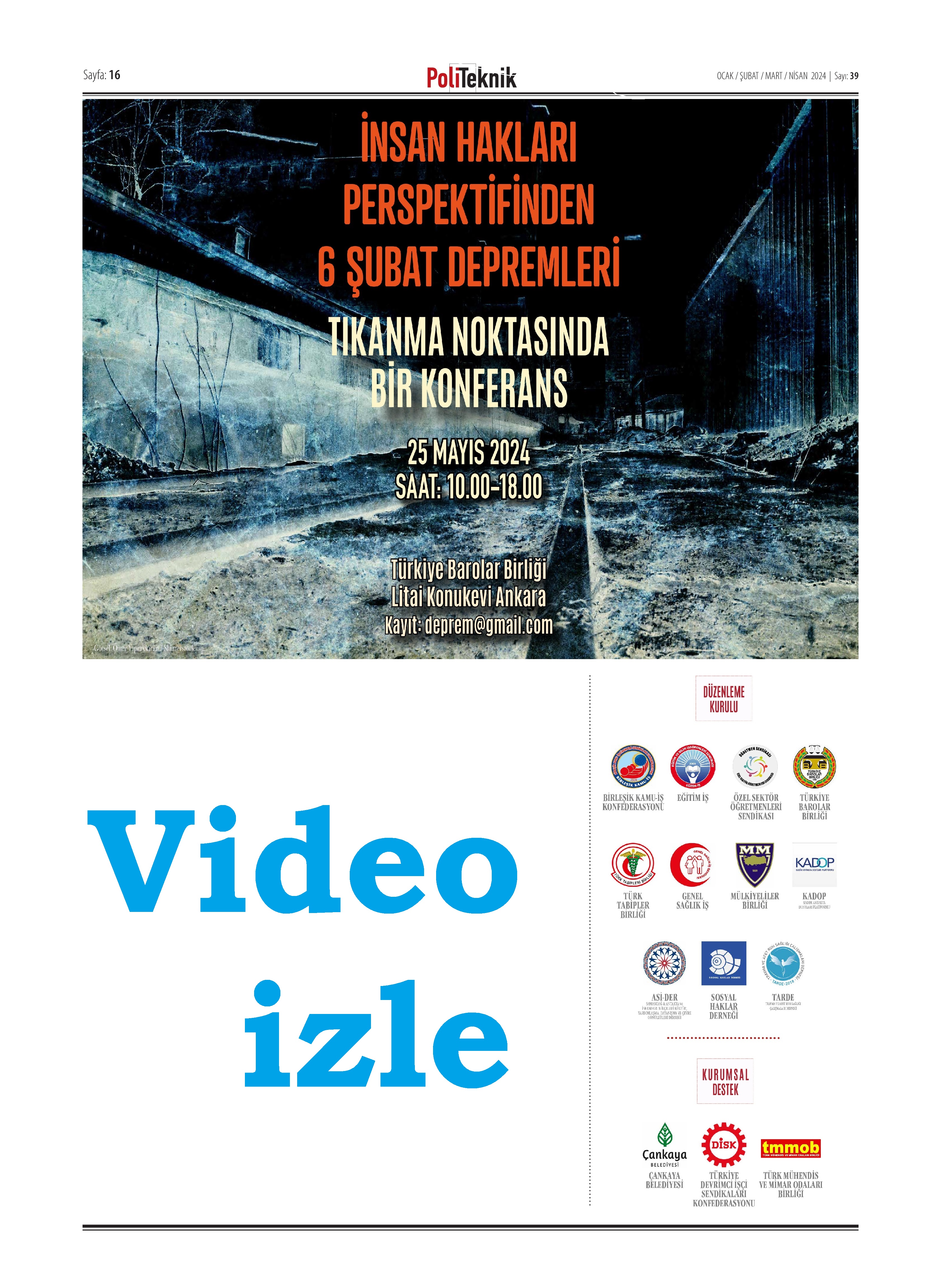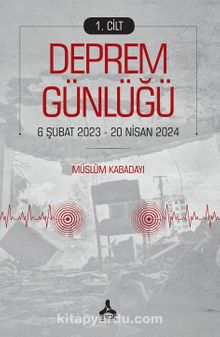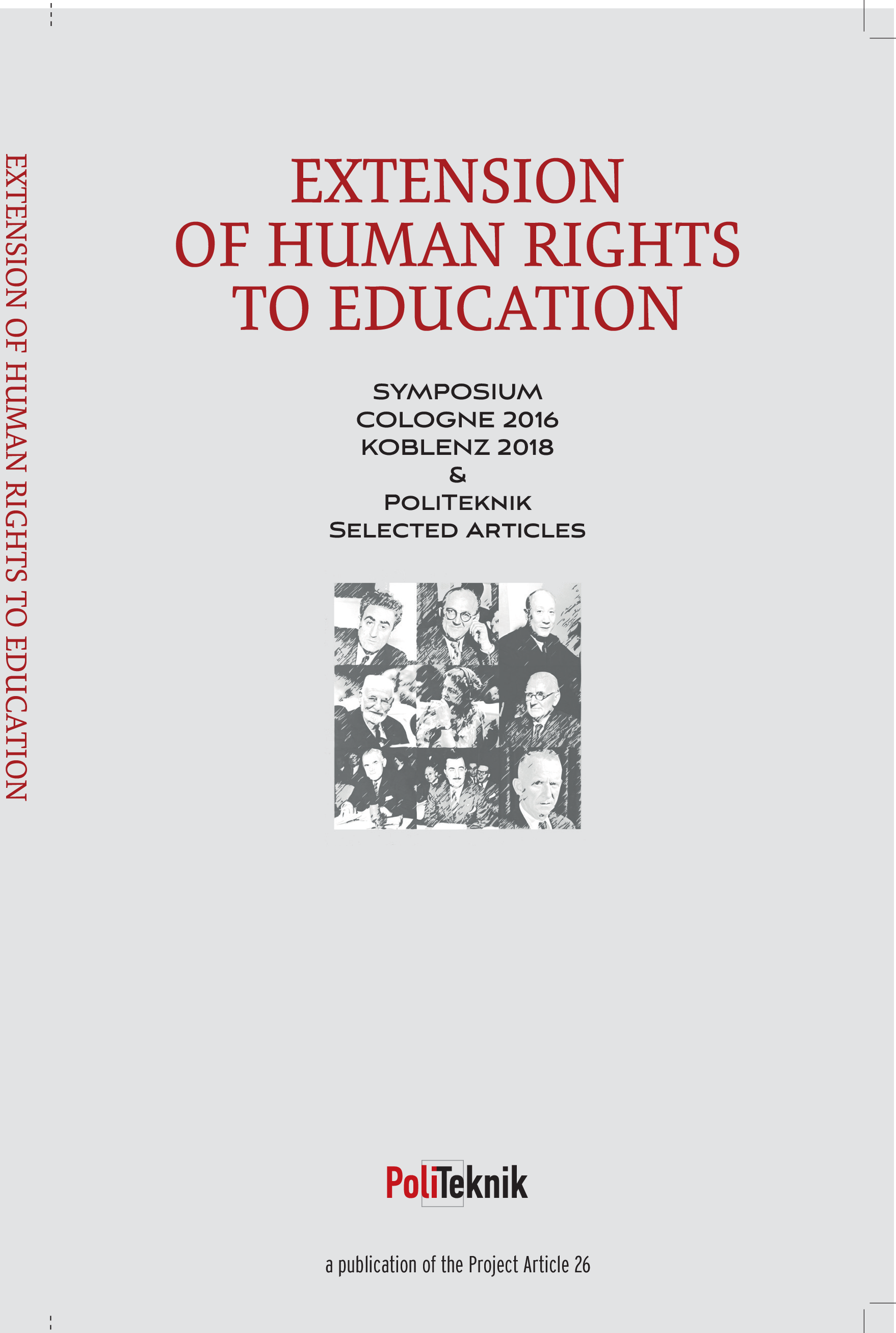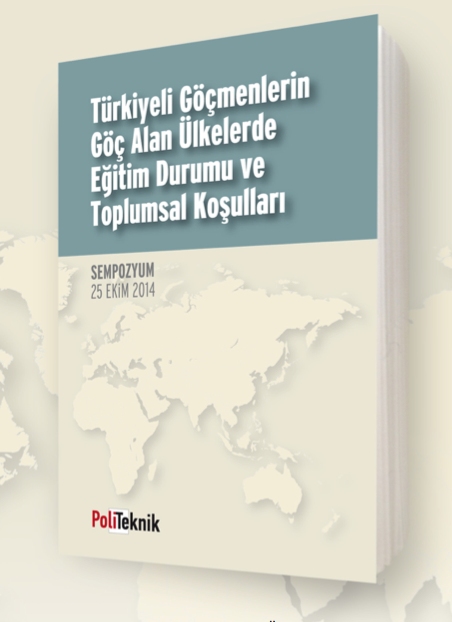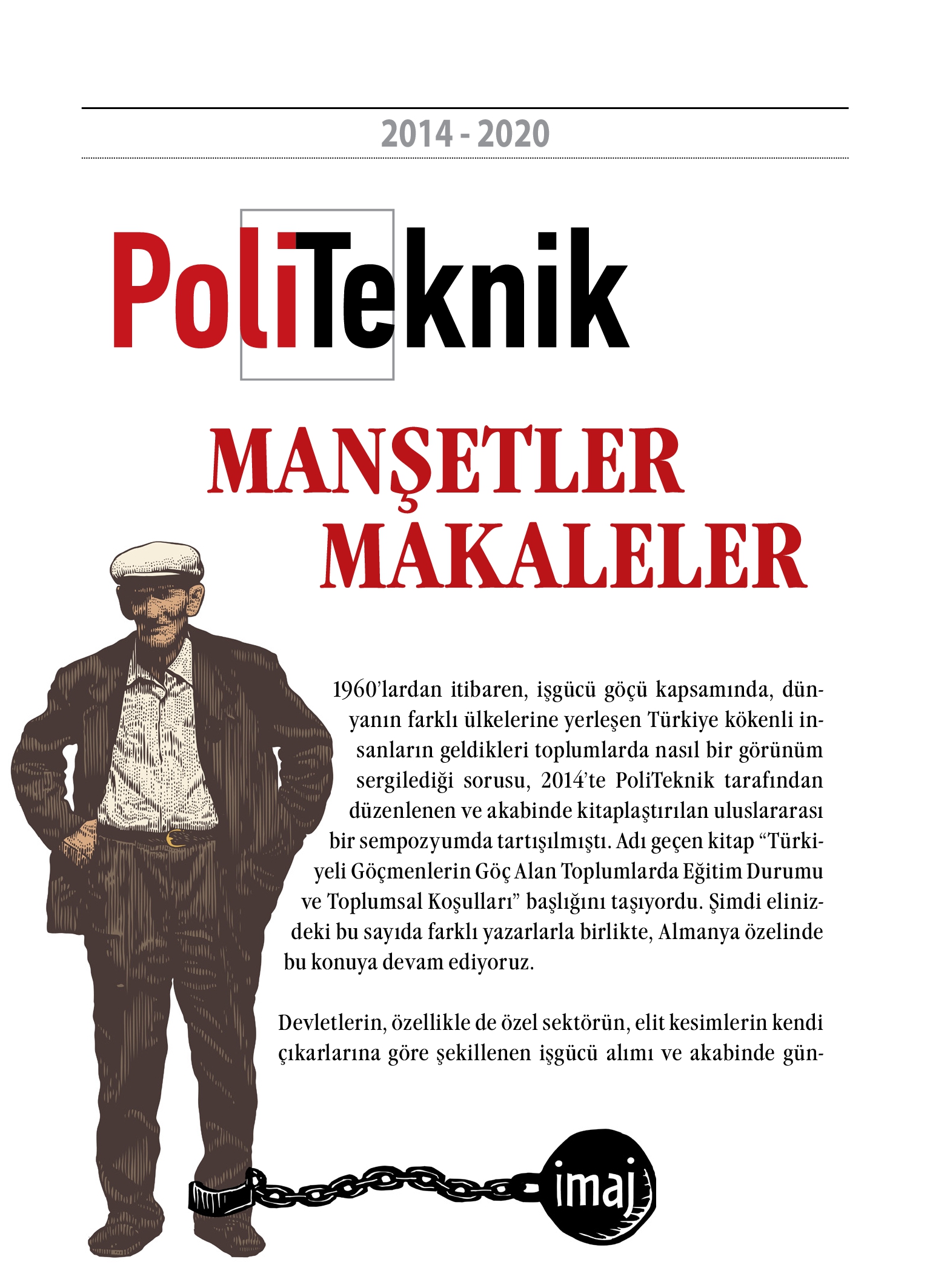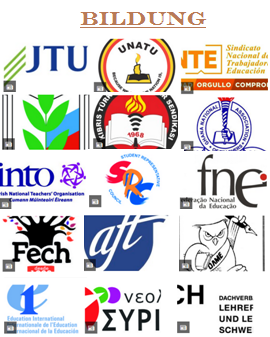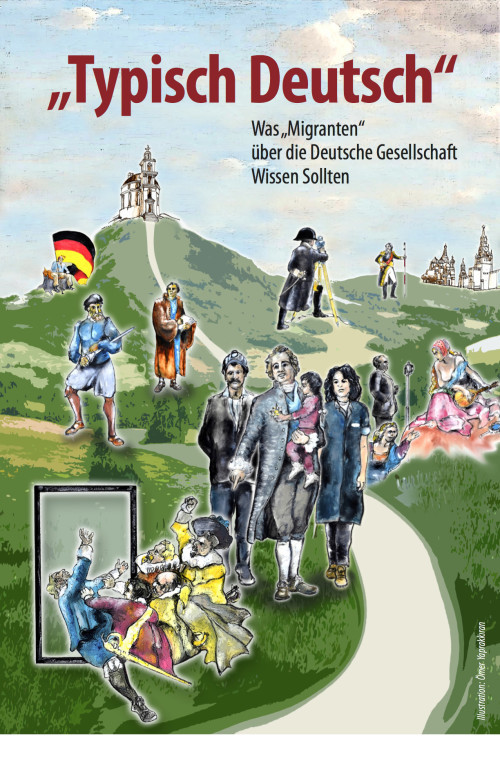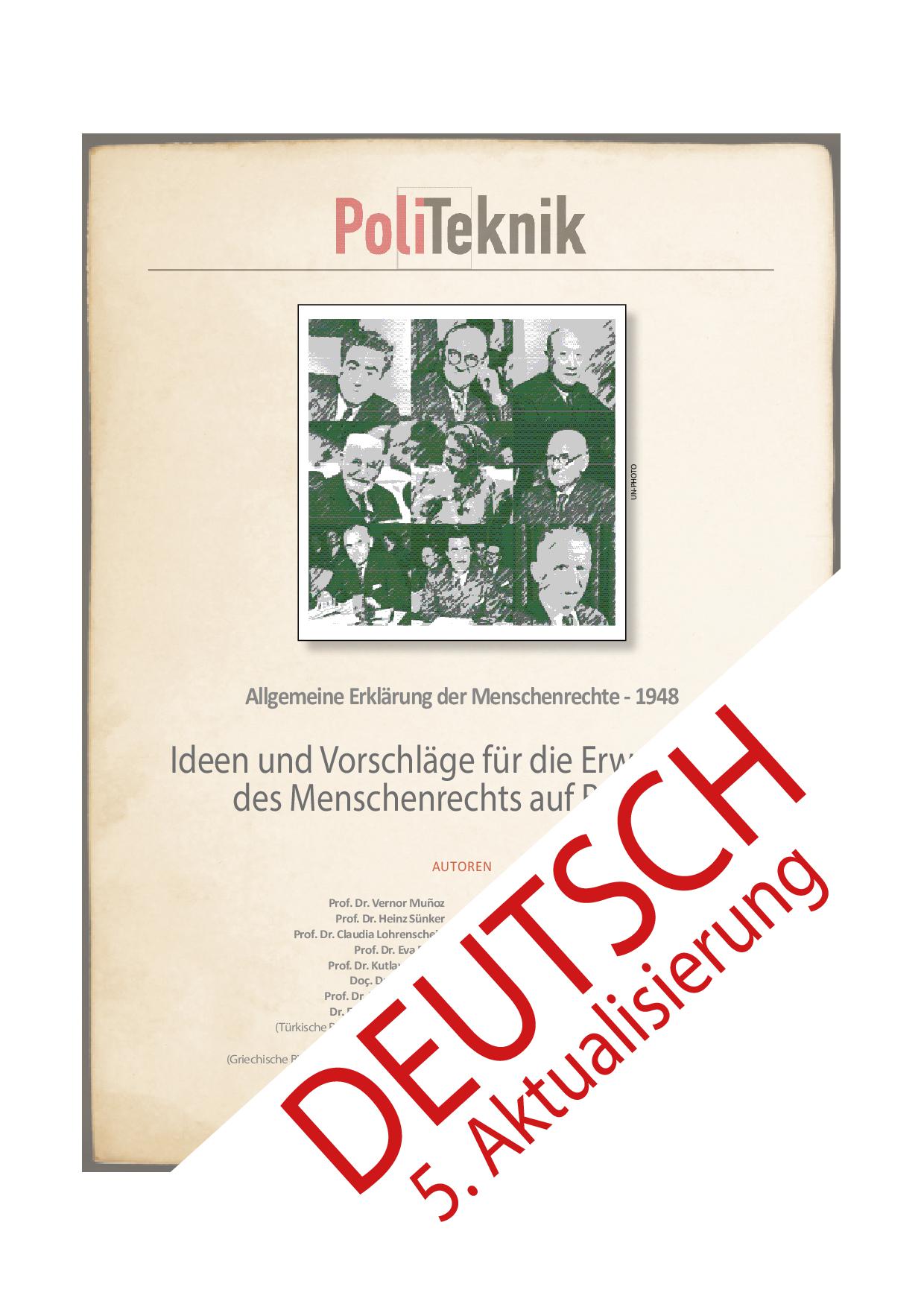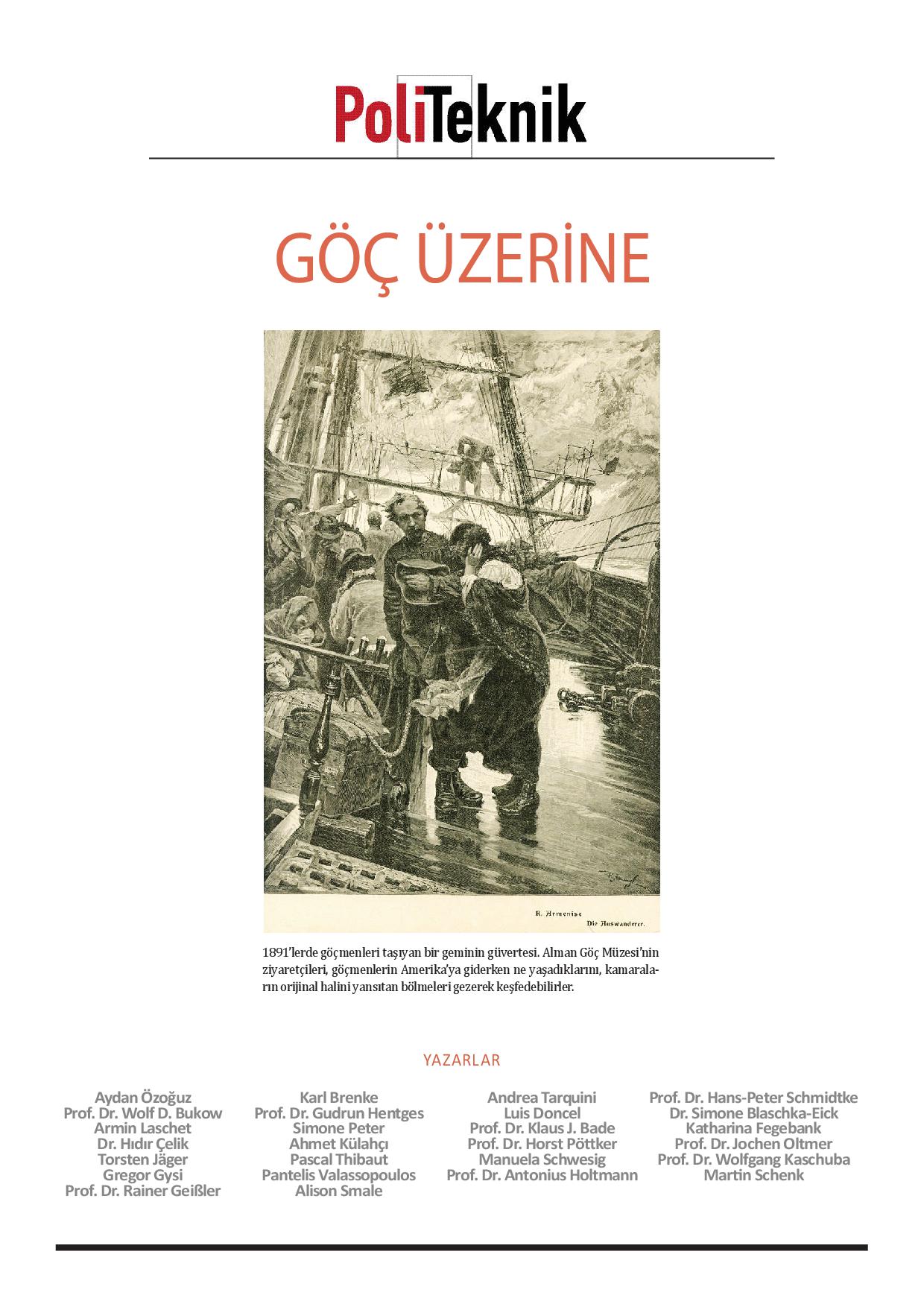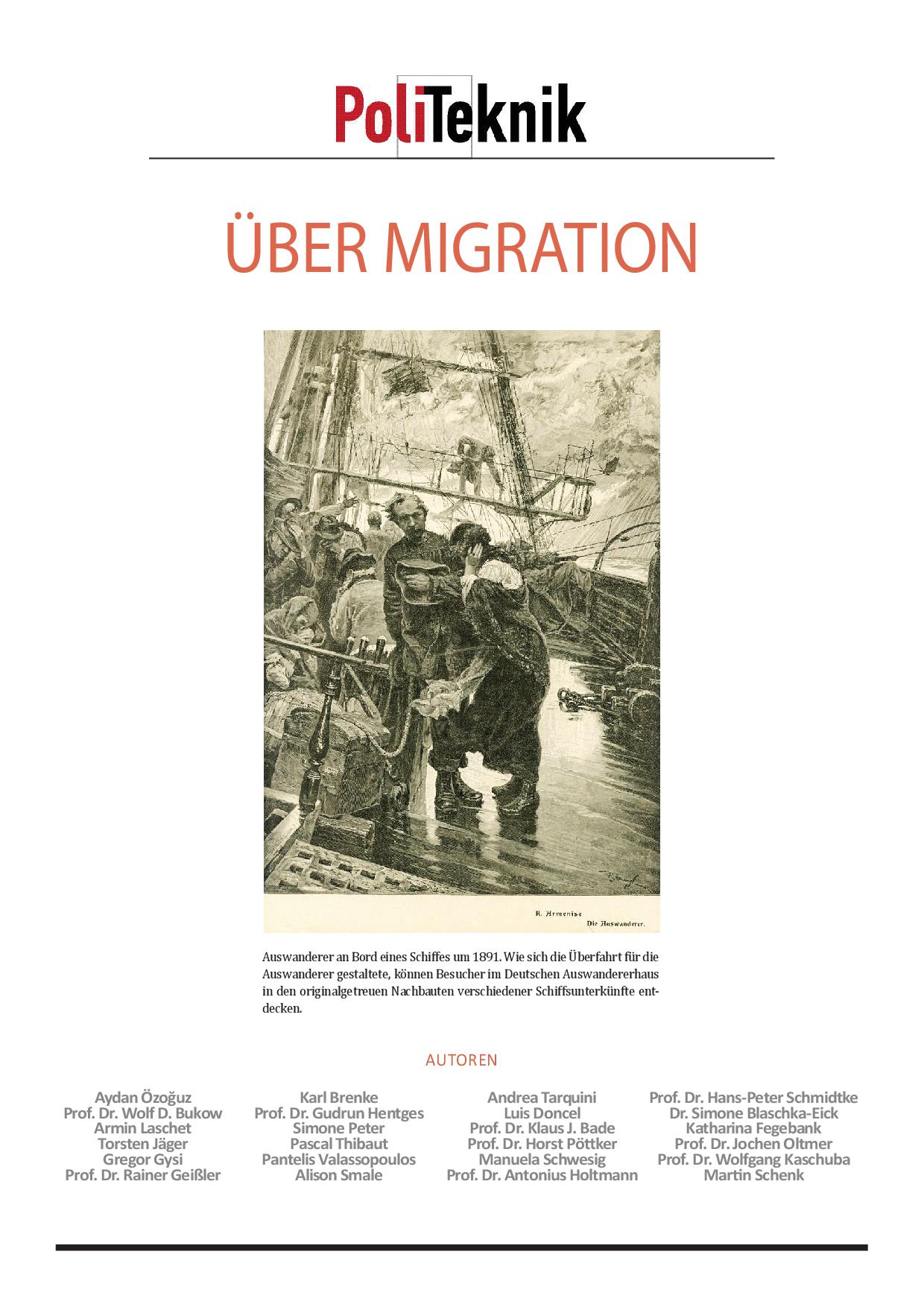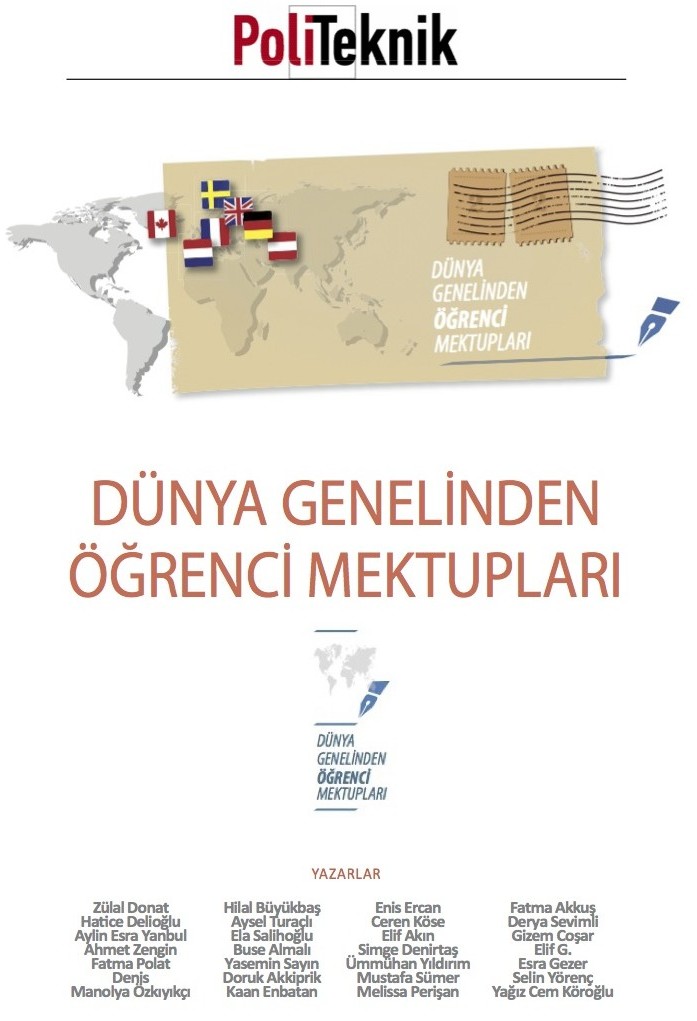Tyriese James Holloway – Üniversität Rowan – USA
On May 17th, 2018, The New York Times released an article that read, “New Jersey Law Codifies School Segregation”. Upon seeing the article, the idea of New Jersey being a segregated (if we are putting it lightly, apartheid, if we are aiming for dramatic appeal) state was nothing new to me. To be exact, the article makes note of the fact that New Jersey is the sixth most segregated state in the nation for black students, and during my undergraduate years, I have conducted many workshops that was centered on this fact. Like dude, I personally lived it. Speaking from a personal place, I am an adopted child. In fact, I guess that I am so special that I was adopted twice.
I was born in Camden, NJ and my mother (who was surviving a drug addiction) was unable to take care of me. From what I was told, I moved from foster home to foster home as a child, and I eventually found a home with my first adoptive mother, Mrs. Leslie Farmer. My first adoptive mother was an incredibly kind, loving and dedicated mother. I only have very brief flashes of my first adoption, but the image of the teddy bear that adopted kids receive after the process is unforgettable. In due time, Mrs. Farmer adopted another child, Nysaire. We both went to H.B. Wilson Elementary School together. As a young student, I did exceedingly well in school and I was a very fluent reader by the age of five years old. That is mainly because my mother would sit me down during the late evenings and read the Bible with me. The book of James stuck with me in particular, as it was my middle name. In H.B. Wilson Elementary School, if you lost your shoe at home, you came to school in your socks. That’s it. The hallways of the school coursed with black and brown students. The only time I saw a white person outside of my television screen was an administrator that didn’t live in Camden.
It was not until I was around seven years old that my mother had a stroke. My first adoptive mother had a very intimate relationship with God, and from what I gathered, she talked to Him like a husband. That is neither here or there, but I do remember seeing her jaw grace a twisted smile. She told me that she had suffered from multiple mini-strokes and that she was going to therapy. My first adoptive mother was very honest with me, and I always knew that I was adopted and I was absolutely afraid of going back to the foster care system. For months on end, I remember the pressure I felt having to run a house (and tolerate my mother’s stubborn eating habits). Although I could not read analog clocks, I made things work to the best of my ability. In my house, I did not have a lock on the back door, so often I would sleep very briefly and stay up the whole night in order to make sure that nobody broke in. At around six o’clock in the morning, I would get my clothes together and be the first student in school in order to get something to eat– that is, peanut butter and jelly graham cracker sandwiches, which are my absolute favorite.
When I got back home, I was under the task to make sure that the house was clean, buy groceries and take care of my mother. The days when my mother had to go to a doctor’s appointment was the worst, as I had to wash her, help clothe her, and I missed school. Those days, oftentimes, I had to make sure that my little brother got to school as well. I didn’t recognize it as a kid, but those days became extremely isolating for me and I often got punished for not keeping the house clean and a lot of the blame fell on me. Things came to a climax when my guidance counselor, a white woman, pulled me into her office and told me that she was going to report my living situation to family services. I remember that I begged on one knee for her not to tell family services and that I was doing the best that I could. She said no. I remember going on my second knee and made the same request. Her response stayed the same. I resented her for a lot of reasons, but it was really the fact that she allowed an eight year old child to go on two knees to beg that affected me the most. Life was very different after those days, but that experience galvanized my resolve to not trust white administrators, way before I had a framework to understand the racialized world that I lived in. After that encounter, my mother did everything that she could to deceive caseworkers, but did the bare minimum to take care of her health. My brother and I were split up. He lived with my mom, and I lived with my grandmom. During the evening, we would go to our Aunt Pauline’s house and wake up early in the morning because she was a nurse. She would then take us to Mother Jones’ (my mother’s church friend) house in the morning, where she lived two minutes away from H.B. Wilson. I met my mother briefly after school and the cycle continued. It was a time where that cycle was broken and I didn’t go to school for some period of time.
I remember the day that everything fell apart in front of my face. It was during a trip to get food for my family. My mother advised me often that I should cross the street and go to the Save-a-lot on Mount Ephraim Avenue. Mount Ephraim is an incredibly intimidating street during rush hour and I would go to the Pathmark that was safer for my journey. While checking out the food at Pathmark, I ran into my caseworkers. They drove me home, argued with my mother, and in about a span of three hours, our clothes were packed and stuffed into a Honda Civic. Other than meeting my mother for visitations, I would not return back to Camden until ten years later.
I went to a temporary home for about two weeks, and then I moved to Williamstown, New Jersey. I remember the shock and excitement that I felt moving to what would be my second adoptive home. I lived pretty much on farm land, as my second adoptive mother, Mrs. Hollowayowned thirteen acres of land. In order to enter the Holloway property, we were greeted with claydunes and a dirt road to a humble home in the chaos of a new housing development being builtaround us. For a short while, my brother was placed in another foster home, but we were reunited after one of my foster brothers were placed in a different home.
I attended Whitehall Elementary School, and there is nothing more literary than that. In H.B. Wilson where students came to school with their socks on, I remember being teased for not knowing my left shoe from my right. While white people were only positioned as administrators in H.B. Wilson Elementary School, white students pretty much dominated the space. I vividly remember having “beef” with the other black kid in class because of my presence (which is more than I would like to unpack at this time). At H.B. Wilson, I was behind in terms of my homework because I was in and out of school, but my competence was never questioned. In Whitehall, I felt so behind from other students. They read faster than me, had better marks, theywere in “talented and gifted”, they had everything that I didn’t have. I remember one day, the nurse called me into her office, and someone from H.B. Wilson called in order to check in on how I was doing and comforted me. From visitations with my mother, she told me that the kids that I played with asked where I was, but she had to tell them the cold truth. That sense of loss is not something that I processed until I was much older in age.
In Whitehall Elementary, while my grades were good, I was notoriously forgetful and my grades suffered. However, I did manage to stand out as I was the Class President during the fifth grade and felt respected by my teachers. My mother, on the other hand, suggested that I should be put into special education classes because it was hard for me to keep up. When it came to experiencing racism, I felt that it did not come into full focus until I entered middle school. It was during the seventh grade that I started to be a consistent Honor Roll student and I dealt with racist comments from white students and also disparaging comments about my blackness at home. Furthermore, as the development and townhouses were being built and finalized, in flux of middle class people were starting to flood the space that my brothers and I took for granted growing up. The corners that we used to cut became backyards that could get us in trouble with the police. Kids who used to make fun of the house we lived in, as well as homeowners who lived around the general vicinity, started to become curious about the land we owned and we had to take measures to ward people off our property. My family’s affinity for horror movies did nothing but encourage our paranoia as well. Despite leaving Mrs. Farmer, I had a very happy childhood with the Holloway family. I had a sense of fraternity with my adoptive brothers, and my brother Nysaire and I were together. In the sixth grade, my brother and I were formally adopted by the Holloway family. My name was changed legally from “T.J. Farmer” to “Tyriese James Holloway”. My brother’s name changed from “Nysaire” to “Kevin”. In my personal imagination, I would like to believe that was the volta in our personal relationship, but it was not until high school that things started to unfurl with my family.
What happened during my high school years were truly life defining yet tumultuous. In 2010, my adoptive father passed away from pancreatic cancer. It was around that time that I started to ask questions about my religious identity, and my mother was overwhelmed with her role as a single parent (and caretaker of her grandson who had cerebral palsy). In 2011, her son took the life of his lover (who happened to be the mother of my friend), and my brothers and myself were all landlocked in the struggle to become ourselves.
I don’t particularly like speaking on my mother, but I make the choice to remember her from a place of compassion despite the abuse that she put us through. In 2011, I was offered a job at the Monroe Township Board of Education as a student worker, and I met one of my first mentors, Mr. James Henderson. Mr. Henderson was the Assistant Superintendent of Secondary Education, and had a rapport with my family, as he was my brother’s teacher. Mr.Henderson took compassion to me as a black student and always dedicated time in order to see that I was okay and encouraged me to study Africana Studies before I was really invested in the idea. When my mother refused to sign my FAFSA, he tried to talk to her in order to do so. Regardless of the hard work that I did in high school, since my mother refused to sign the FAFSA, I couldn’t go anywhere despite my college acceptances. But, granted everything that I had endured the past few years, I had the conviction that college was somewhere I needed to be. My mother always “ran a tight ship” but that often interfered with the homework that I needed to get done for class. I took Honors and AP courses, and while she did grace me with extending my bed time whenever she could, she required that by 9:30pm that we were expected to go to bed. So Ibrought my homework into bed and used a reading light to try to get through my discussion questions, much to the chagrin of my younger brother who slept under me, tossing books back into my bed when I interrupted his sleep. Because of the thin insulation in our room, during winter time it got especially cold, so I would go into the bathroom and do my homework there. I did this for about three years.
During my Senior Year, I applied for the David Michael Reid Scholarship, a scholarship that provided a full ride to a college of my choice. Over time, I became a Finalist for the scholarship, and I felt that I had my future ahead of me, but my mother was unsupportive of my educational goals as she wanted me to pursue a more “spiritual” path. I never understood why I couldn’t have both, but I was suffering with religious doubts nonetheless. On my 18th birthday, I remember having the meeting with the committee for an interview explaining my situation, and I was confident that I did the best I could. Within a couple of days, a person from the committee called my mother and she claimed that I lied on her, something that she claimed very often. I did not get the scholarship. But Mr. Henderson was still there for emotional support. Mrs. Stanton, my AP US History teacher, someone who was a strong emotional figure for me (and the person who gave me the reading light) was there for me. Mrs. Ashley Carpenter, my AP Psychology teacher, who helped me work through some of my problems during that time was there for me. It hurt knowing that I took a loss during that situation; however, something that she could not take away from me was the local scholarships that were granted to me during my Senior Award Night. I graduated Williamstown High School as a member of the National Honor Society, but I still didn’t have a future ahead of me, so I started to make moves.
In high school, I took two AP classes, but only took the AP Exam for U.S. History. I scored a 4 out of 5 for the exam which counted for two classes. I made it my goal to have a semester’s worth of credits so that I could save money and graduate early to jumpstart my life. The money that I had from the scholarships that I received during Senior Awards Night, I put to CLEP Exams. I took five CLEP exams in the summer of 2012 while I was applying for the New Jersey Foster Care Scholarship and still working for the Monroe Township Board of Education. I had plans of going to Richard Stockton College and even did a dependency override appeal, but they claimed that what I had went through did not qualify as emotional abuse. In July of 2012, I went into crisis. Upset, but not defeated, I continued to work and started to redirect my focus on Gloucester County College. Fortunately, my appeal at Gloucester County College was successful, and while my housing situation was unstable, I was able to graduate within a year from Gloucester County College.
After working a semester after graduation, I was able to enroll into Rowan University and was granted an independency override. I also found stable housing at an Independent Living Home in Glassboro, New Jersey. In good faith, I hope that my detailing of my personal experience with education does not seem unnecessarily indulgent, but it is to unveil the thread that is hidden in education system. Even as a legal adult, socioeconomic status affected my mobility to get into college, and it also led me to take out a lot of loans in order to pay off debt that I had when I was in less-than-stable living situations. At Rowan University, I had a very successful career because I never forgot the writers of my biography without obsessing if my actions would be overwritten. There were times that my focus failed me during classes, the white aversive racist attitudes on campus made me go into self-isolation, and the anxiety of potential homelessness overwhelmed me, I moved forward because I had to in order to survive, not in order to save face. During my time in college, I was able to be involved with the United States Student Association and advocate for Free Higher Education with legislators and policy makers. I felt that in my anxiety, I was able to start to find the right color of the solutions that I am looking for through the broad stroke of action. Yet, there are some things that still fall flat. Regardless of what I have read, I can feel the reverberations of what I internalized at Whitehall set the tone of my insecurities in learning environments. And in spite of all my cautiousness, I move forward with the optimistic belief that anything learned can be unlearned. Anything unlearned can be reframed, and anything that is reframed is re-visioned. Despite the patterned suicidal habits of my youth, I live powerfully in full expectation for that clarity.

